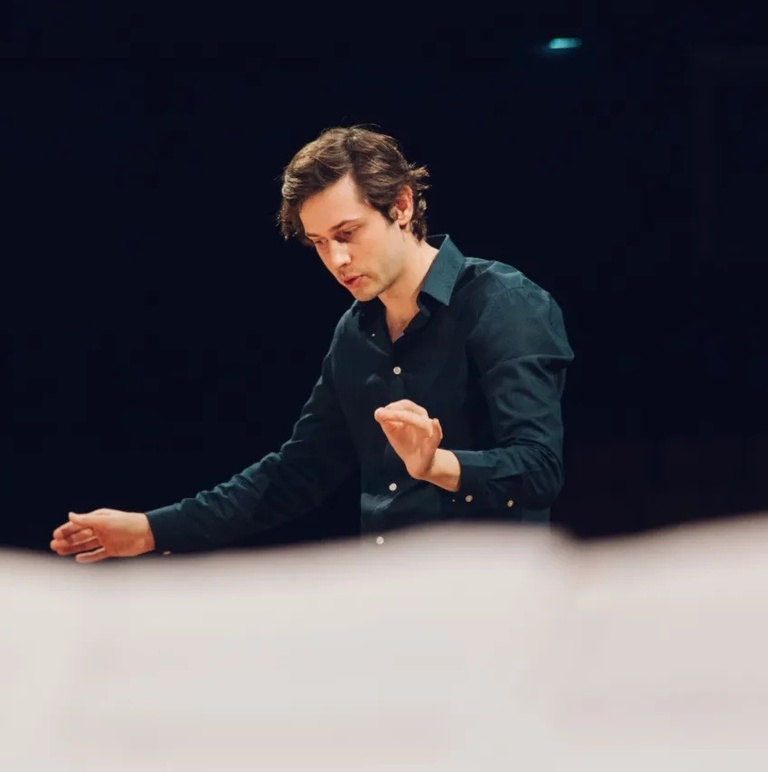
Licht, a work for our time, by Maxime Pascal
Licht was written over a period of twenty-five years, from 1978 to 2003, and the last two operas were premiered posthumously in 2011 and 2012. The post-modernity in which we find ourselves raises questions about the composers of the recent repertoire, and redefines the reading we make today of a monumental work like Licht, undoubtedly misunderstood and wrongly caricatured during its composer's lifetime.
For Karlheinz Stockhausen (1928-2007), everything converges in the development of this demiurgic cycle. The discoveries made in pieces such as Gesang der Jünglinge (1956), Mantra (1970), Inori (1974) and Harlekin (1975) are organized into a coherent whole, expressing the ambition of a creator then mature in his musical and philosophical reflections. Licht has its roots in ancient music, yet looks to the future of art.
For Stockhausen, the expressive object lies in the combination of space and time. Stockhausen reveals a new instrumental theater, continuing the gesture initiated by Berlioz and Strauss. And with the “superformula”, the DNA of these twenty-nine hours of music, Stockhausen reveals a new musical system, built on his thinking and the meaning he attributes to rhythms, intervals, tempi and nuances. Fascinated by this music since the creation of our company, Le Balcon, it was natural for us to dream of a complete cycle. As Licht's text imagines elements that were unrealizable at the time of its writing, it challenges us to a fascinating apprenticeship and duty of invention, both artistic and technical.
The complete project tells the story of this apprenticeship.
Maxime Pascal - Le Balcon: artistic director